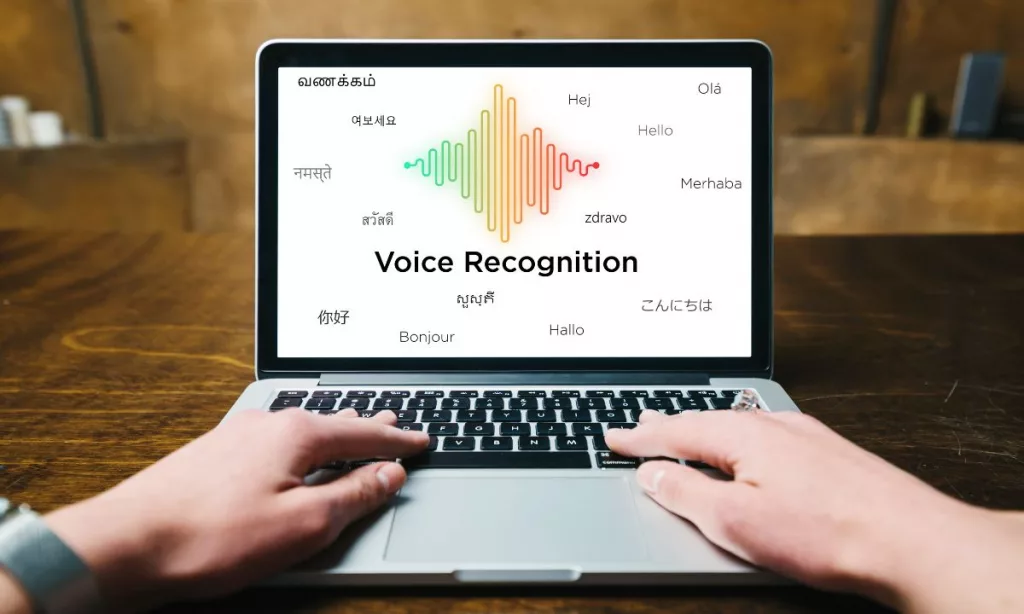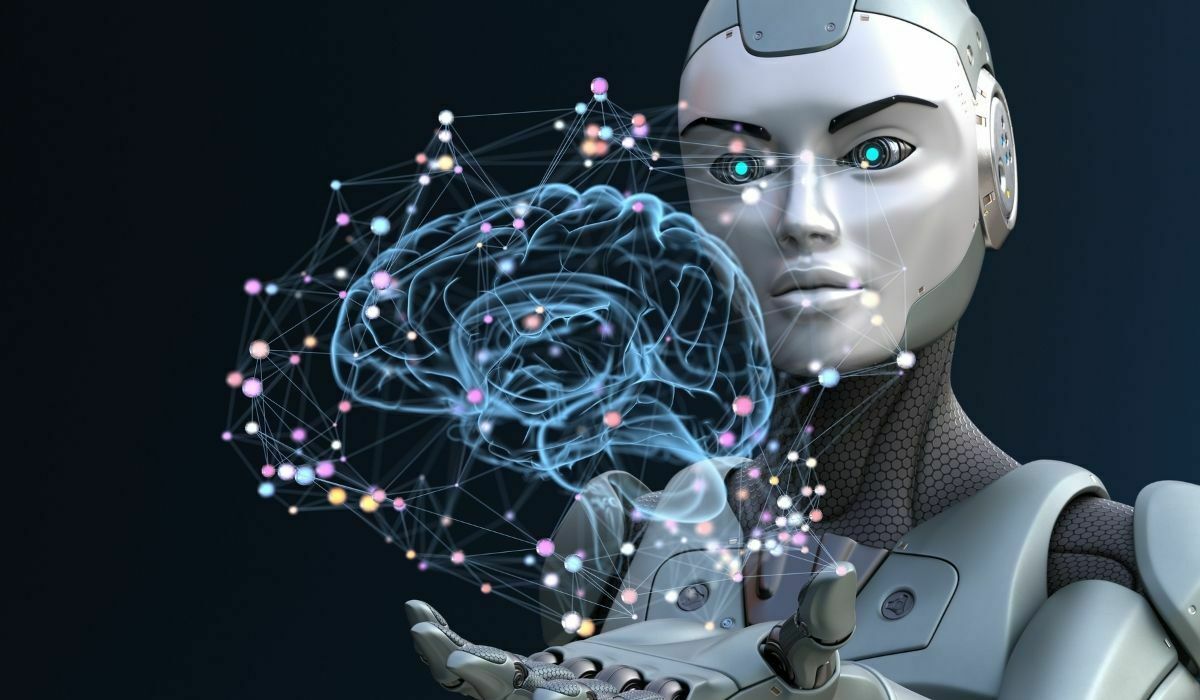AI has been a topic of many conversations in the last few years, and going further, its impact on our world will only increase. Each month, we witness the launch of new AI-powered services that transform our work and personal lives. Customer experience is of course no exception, and there already are many services that change the ways customers interact with businesses. Today, let’s take a look at how artificial intelligence is reshaping and enhancing the customer experience.
Must Read: The Top 7 Game-Changing Applications of Generative AI You Can’t Miss
1. Perfect Customer Support

Let’s start with the obvious one. With sufficient training, an AI chatbot can become your brand’s ideal customer support representative. Let’s look at the facts:
- Available 24/7: AI never gets tired or needs a break, so your customer support isn’t only limited to working hours. It also reduces wait times for your clients as the responses are instant, and they don’t need to wait in queues to connect.
- Consistency in Responses: Since AI is trained on the same pool of information, there will be no variability in replies, which cannot be said about customer support reps.
- Industry-Specific Knowledge: It is way easier to train AI on a new set of information than to explain your niche (especially if it is complicated) to a new employee.
- Handling repetitive tasks: You can save on hiring a huge support department and have your human customer support managers focus on actually complicated tasks. Obviously, as of right now, an AI model cannot completely handle complex cases that require critical thinking and decision-making, which are unavailable to artificial intelligence. By outsourcing more simple tasks to a chatbot, you allow your employees to focus on tasks that require more attention instead of rushing through them.
2. Predictive Personalization

One of the features AI has that cannot be fully replicated with human employees is using data to predict what customers want before they can even understand or express it themselves. By looking at historical data from both the client and other customers, artificial intelligence is able to make predictions on what the customer needs and adapt their offerings accordingly.
There are many ways this can work. Proposing tailored offers, targeted marketing messaging, adding a personalized Q&A block in the support chat window, customizing the home page – all of this and more can be done using this technology. If done right, this will save clients’ time, improve their satisfaction, and, hopefully, increase their lifetime value.
Must Read: The Future Of Artificial Intelligence: Will We Be Ruled By Robots?
3. Smoother Purchasing Process

Using AI in your e-commerce store can help you streamline the purchasing process for your customers, leading to a lower cart abandonment rate. It can also reduce the stress on your staff.
Let’s say a customer visits your online store and has questions about a product. Instead of googling, searching through your website, or talking to a support rep, they can talk to an AI-powered chatbot and get all the necessary information.
Also, if a client ever needs to make changes to their order, they will be able to talk to AI to immediately modify their order instead of going through customer support and waiting.
4. Fraud Detection and Security

In addition to customer support, AI has a way of increasing customer experience indirectly by boosting your cybersecurity, so it is worth including this in your website development plan. By monitoring all transactions, AI can see anomalies and mark any unusual activity, thus preventing fraudulent charges. This proactive approach plays an important role in both safeguarding customer data and securing transactions, thus protecting the reputation of your business.
5. Augmented Reality (AR) and Virtual Reality (VR)

VR and AR are currently at the beginning stages of their evolution, but their potential influence on customer experience is vast. With the current state of technology alone, many brands can already implement certain features to advance clients’ customer experience. For example, by offering interactive product demonstrations, virtual try-ons, placing the products in customers’ living spaces, and more.
We can already see such use cases in industries like fashion, real estate, and furnishing, but the possibilities for implementation are endless. AI makes the entire process easier, more tailored to the specific customer, and easily accessible for smaller businesses.
6. Sentiment Analysis

Sentiment analysis involves looking at a text’s contextual meaning and identifying its undertone (urgent/not urgent, positive/neutral/negative, question/statement). For bigger companies, it would take a lot of time and manual searching to analyze everything the clients write about them. For AI, this takes minutes and can be done autonomously.
Here are two examples of how this can be used to improve your awareness of your clients and improve their experience:
- Creating a priority list for customer service inquiries: For instance, artificial intelligence can look at all support tickets you receive and prioritize those it deems urgent or time-sensitive (mentioning disappointment, using words like “deadline” and more). Those problems would then be boosted in the queue while less urgent inquiries can wait longer.
- Reputation management: similarly, AI can look at all the feedback you receive from your customers, from social media comments to review sites. It will then track public opinion of you and its dynamics, and identify your strong points and key areas for improvement.
Have a look at our most loved blog: These Top 10 Best AI Video Generators Will Blow Your Mind
7. Increase Customer Retention

We’ve already touched upon AI analyzing customer behavior and adjusting its functions accordingly. Now, you can do the same thing to improve customer retention. AI-powered analytics can analyze the bottlenecks of your service and find what causes customers to leave the website/uninstall a program, or even lose interest in content. Making improvements based on this information will be far more effective than conducting A/B tests based only on human observations.
In addition, the tailored experience provided by AI can ensure the customers will be more engaged through their entire experience, hence more likely to commit the actions you want them to make, be it an additional purchase or a longer time spent on your website.
8. Voice and Speech Recognition

Voice recognition is another technology on this list that has yet to reach its peak. We already have smart speakers at home, and with time, they will get more and more advanced, resulting in widespread adoption.
Whether you create your own voice-enabled AI system or adapt your services so they can be used with smart assistants, it will allow your clients to interact with your business in a more natural way (speaking) without needing to use human assistance every step of the way.
9. Predictive Analytics

Thanks to AI, you can use more intelligent predictive analytics to anticipate market changes and adapt to client preferences.
This can be used in many ways, for example:
- Demand forecasting: Looking at the historical purchasing patterns and customer behavior, AI allows you to anticipate future demand, preparing for rises in demand in a timely fashion.
- Trend analysis: Similarly, artificial intelligence immediately sees a rise in attention to a specific product or a function and evaluates market trends and customer behaviors. This allows you to always stay on top of current trends and adjust your marketing strategy and pricing accordingly.
Also read: How to Make An AI App? Step By Step Guide
10. Support Optimization

We’ve discussed how AI can analyze data to serve your clients better. But you yourself can use this information to overhaul your customer support system completely, optimizing the work of your support department.
By looking at data like the number of closed tickets, typical topics for inquiries, and average customer interaction duration, artificial intelligence is able to suggest how to improve your customer support. For example, it could list the most common issues and pinpoint the questions that have the lowest resolution rate or take the longest to be fulfilled.
It can also monitor the performance of support initiatives, allowing you to evaluate the effectiveness of different stages.
Finally, using customer data, predictive analytics identifies distinct segments based on behaviors and preferences. You then can use it to tailor support strategies to the specific demographic, providing personalized assistance and recommendations to different customer groups.
Will AI Replace Human Touch?
You can use AI technology to improve customer experience, but it can’t replace the human touch. As we’ve discussed, AI is not a replacement for human interaction. And the best way to understand how an AI system works is to watch how it interacts with real people. This can help you see if there are any problems or limitations in its ability to act intelligently on its own.
What’s more, AI systems often rely on data that they’ve gathered from previous interactions with customers. Being able to observe and monitor those interactions will let you see which kinds of inputs your system uses most frequently when making decisions about things like offering suggestions or product recommendations—and what kinds of inputs are most likely missing from its knowledge base altogether
Takeaways
AI isn’t just a tech buzzword; it’s already changing how businesses interact with their clients. Yes, it is still a developing technology. We do not know how artificial intelligence will end up becoming, and how big of a part in our lives it will have. However, even in its early stages, it is evident that AI has a huge potential to significantly enhance customer experience and customer support operations.
The most distinct ways in which AI-powered services already make our lives better are AI-powered chatbots, intelligent predictive analytics, and personalization. They both make the customers more satisfied and make doing business easier for the company.
Organizations that are quick to embrace the AI-driven advancements, will reap substantial benefits. They’ll find themselves at the forefront of a transformative wave, gaining a competitive edge by staying ahead of the curve and ensuring a smoother, more efficient business landscape.










Leave a Reply